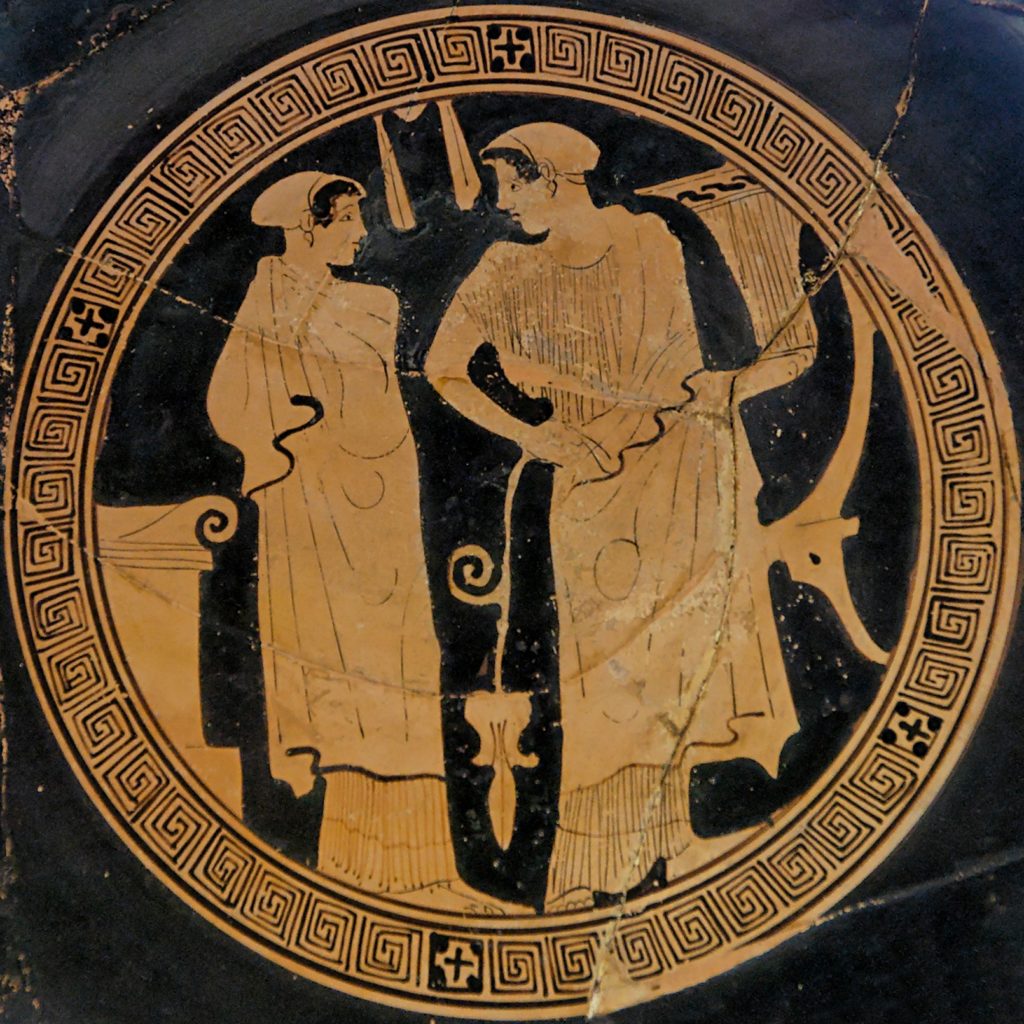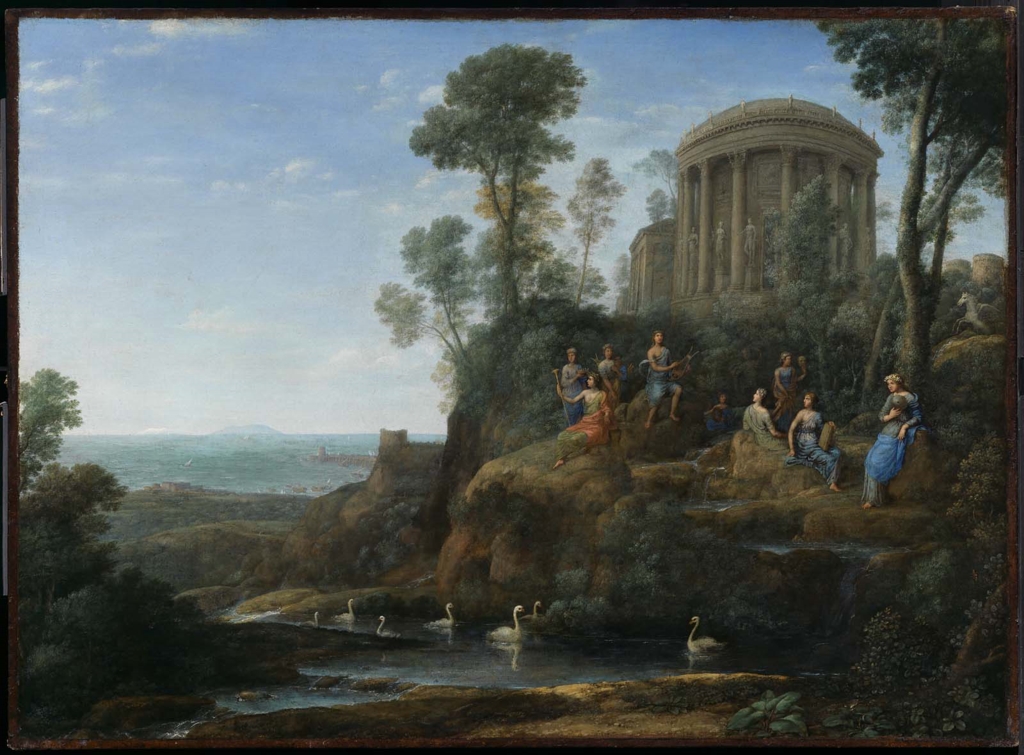
Women at the Altar
E R Dodds, Remembered
Rediscovering E R Dodds, Scholarship, Education, Poetry and the Paranormal, edited by C. Stray, C. Pelling and S. Harrison, Pp. 341, OUP, 2019, reviewed by Darrell Sutton
“This book originated in a conference on E.R. Dodds held at Corpus Christi College, Oxford, on 1 March 2014, under the aegis of the Corpus Christi College Centre for the study of Greek and Roman antiquity” [Preface].
Greek scholarship in England in the last 70 years has been represented by persons with formidable skill. These papers characterize one of them, a man of exceptional talents. However, these investigations inspire mixed emotions, not because of overt flaws in the research but because readers still may come away with a feeling that they were not brought into close contact with Dodds’ writings in the several articles where the author’s main task was to acquaint the readers with them.
E.R. Dodds (1893-1979) issued critical editions whose value is long-lasting. His intellectual achievements were considerable. He gained the respect of his peers the old-fashioned way, by producing work that was noteworthy. The volume supplies surprises in abundance. The fourteen chapters of this book – with a bibliography of his publications – provide insightful glimpses into his life and its contexts. Continue reading



















Neocons and the Permanent State (Part 2)
US Marines at the 2nd battle of Fallujah
Neocons and the Permanent State (Part 2)
by Ilana Mercer
“How does America change if our intelligence agencies were more accurate in their assessment of Saddam Hussein’s chemical and nuclear weapons programs?” The question was posed, just the other day, in “Make America Competent Again,” by David French, at the Dispatch, a neoconservative website. The tract is an agony aunt’s meander that calls for shoring-up competency in state and civil society.
But first: dissecting, deconstructing and exposing the neoconservative mindset and machinations matters. The reason is this: thanks to President Trump, neoconservatives are not exactly having a moment—they’re down in the doldrums. But they’ll be back. For neocons and liberal interventionists make up the Permanent State. The ideology the likes of which David French, formerly of National Review, and his ilk promote—foreign-policy bellicosity, endless immigration, mindless consumerism, racial shaming, “canceling” of deviationists and conformity to an American identity that’s been melted away in vats of multiculturalism—is in our country’s bone marrow, by now.
Therefore, the fighting words in response to French’s framing of the invasion of Iraq as a mere glitch in intelligence are these: no creedal neoconservative should be able to get away with the claim that a problem of criminality is really just a problem of competency. Continue reading →
Share this:
Like this: